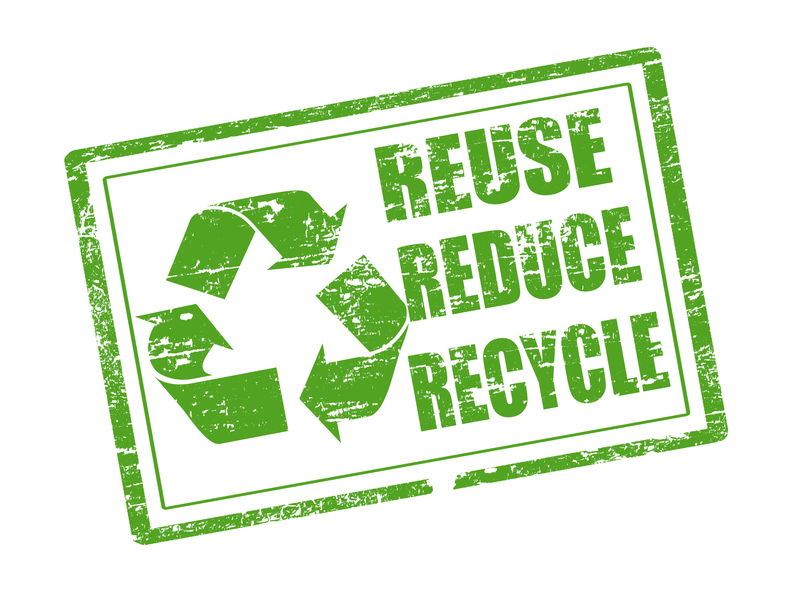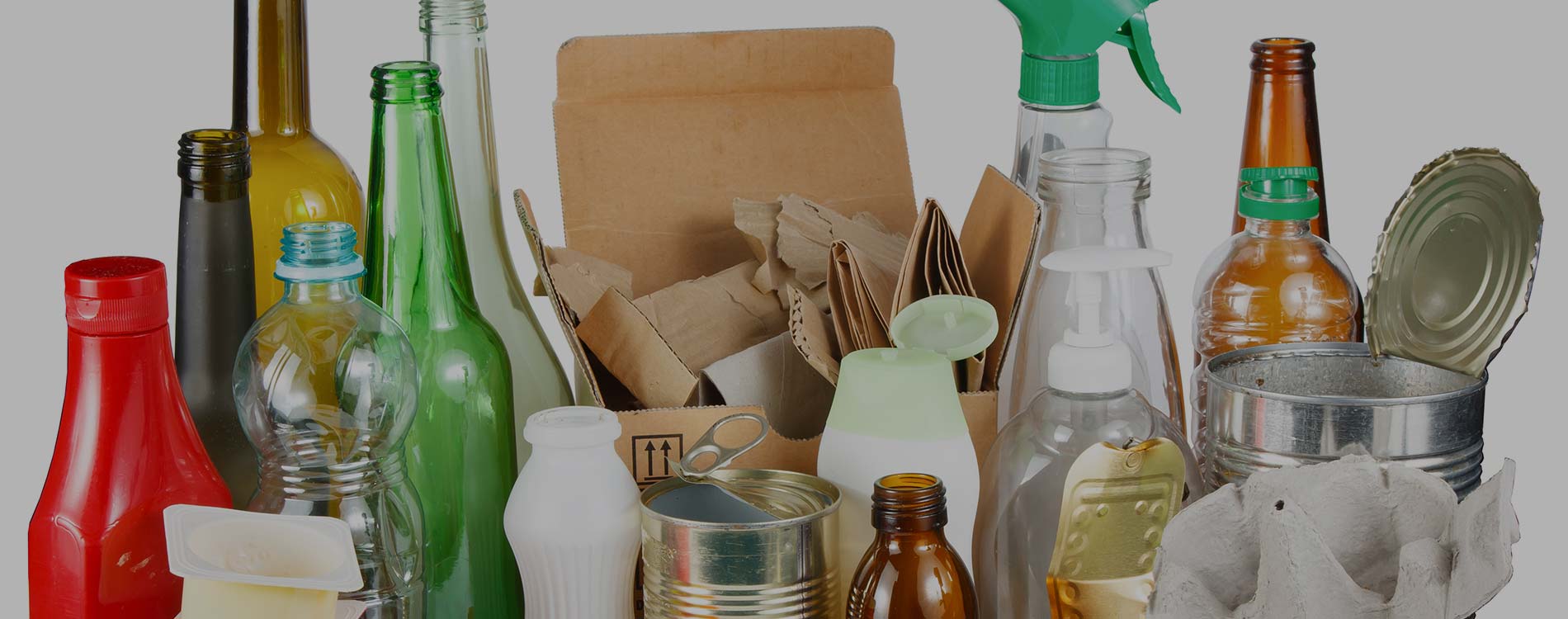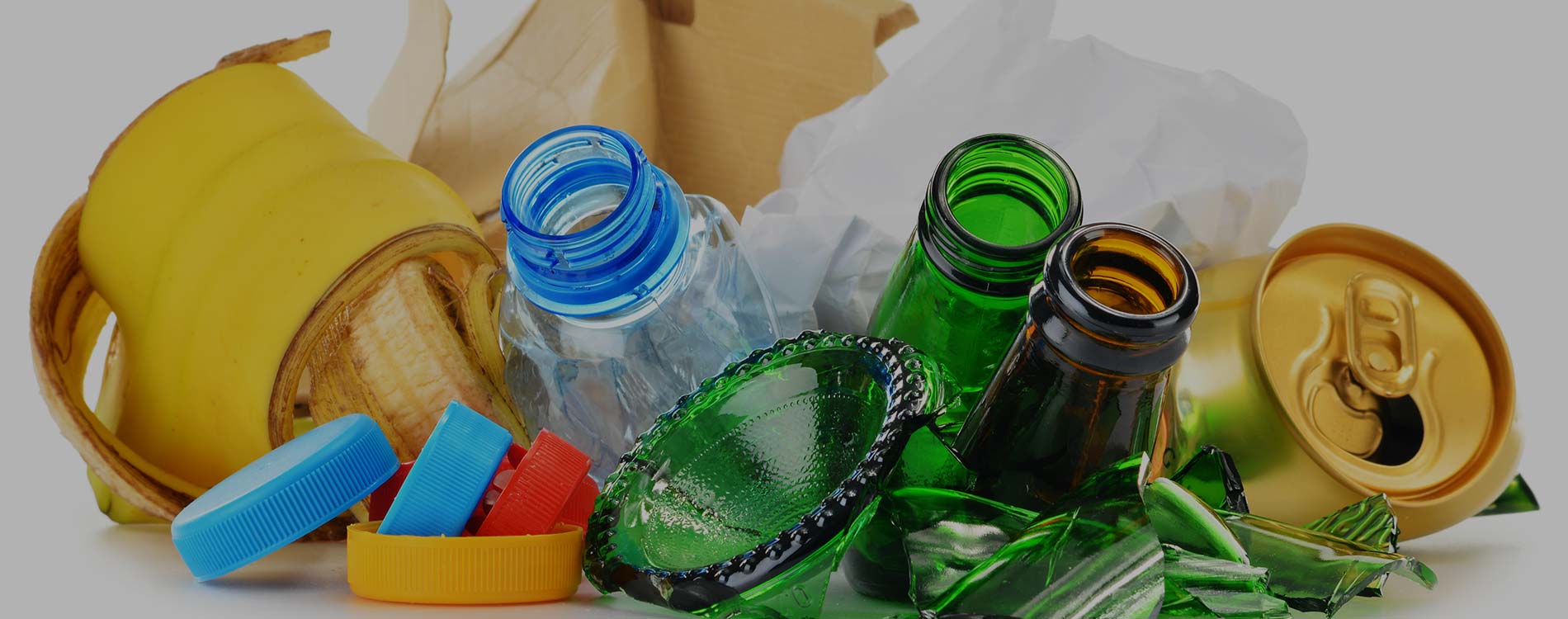Community initiatives for recycling obsolete chargers
Posted on 16/10/2025
Community Initiatives for Recycling Obsolete Chargers
As technology continues to advance at a rapid pace, electronic devices are being replaced more frequently than ever before. This increase in technological consumption has led to a growing accumulation of electronic waste, or e-waste, with obsolete chargers being a common culprit. In this comprehensive article, we explore the significance of community initiatives for recycling old chargers and why active participation in such programs is pivotal for environmental sustainability.

Understanding the Problem: Why Are Charger Recyclability and Disposal Important?
Every smartphone upgrade often comes with a new charging cable, leading to an ever-increasing pile of unused or obsolete chargers. These discarded accessories may appear insignificant individually, but, collectively, they contribute massively to global e-waste. According to the Global E-waste Monitor, over 53 million metric tons of electronic waste were generated worldwide in 2019--a figure that's projected to keep rising.
- Environmental Hazards: Chargers contain plastic, copper, aluminum, and electronic components that can leach toxic substances into the soil and water if improperly disposed of.
- Loss of Recoverable Materials: Obsolete chargers feature valuable metals such as copper that can be recycled and reused, reducing the need for mining new resources.
- Resource Inefficiency: Discarded chargers represent wasted energy and materials if they end up in landfills instead of being recycled.
What Are Community Initiatives for Recycling Obsolete Chargers?
Community-led recycling programs aim to address this mounting challenge by facilitating efficient collection, sorting, and processing of old chargers. These initiatives are organized at local, regional, or even national levels, and often collaborate with municipal authorities, environmental NGOs, tech companies, and recycling centers.
Types of Community Projects for Reusing and Recycling Chargers
- Collection Drives
- Public Awareness Campaigns
- Drop-off Locations
- Repair and Reuse Workshops
- Upcycling and Art Projects
1. Collection Drives for Obsolete Chargers
One of the most effective ways to recycle old phone and laptop chargers involves organizing community collection drives. These events are usually held in collaboration with schools, companies, libraries, and local businesses. Residents are encouraged to bring their unused or broken chargers to centralized locations, ensuring they safely enter the recycling stream.
- City-Wide E-Waste Days: Local councils designate specific days for collecting electronic waste, including chargers, batteries, and cables.
- School and College Drives: Educational institutions often host annual or semesterly e-waste drive events that focus on collecting old tech gear from students and faculty.
- Retailer Take-Back Events: Some electronics stores offer drop-off bins or partner with recycling companies to take back old chargers and other accessories.
2. Public Awareness and Education Campaigns
An essential component of effective charger recycling initiatives lies in raising public awareness. Many community programs provide workshops, social media campaigns, and informational brochures emphasizing the importance of recycling obsolete chargers. These educational materials often include:
- Details on the environmental impact of improperly disposed chargers
- Instructions on identifying recyclable versus non-recyclable chargers
- Guides on safe handling and data security (important when chargers are part of smart devices)
- List of approved local and national recycling centers
Social media platforms, local newspapers, radio segments, and community newsletters are invaluable channels for outreach. By keeping the local population informed, these campaigns help maximize participation and improve outcomes.
3. Convenient Drop-off Locations
Communities often set up accessible drop-off points for outdated charging accessories at supermarkets, libraries, public parks, and municipal buildings. The convenience of these stations encourages residents to dispose of e-waste responsibly, rather than tossing chargers into regular garbage bins.
Some municipalities partner with larger tech brands or chain retailers to install permanent e-waste collection bins. These bins are periodically emptied and monitored to ensure safety and correct sorting of collected items.
4. Repair and Reuse Workshops
Not all obsolete chargers are entirely defunct--often, frayed cables or loose connectors are the only issues. Various organizations now run community repair cafes and technology fix-it clinics, teaching residents how to repair and safely reuse charging equipment.
- Workshops to teach basic soldering and cable repair
- Guided sessions on checking for safety hazards and electrical compliance
- Opportunities to donate repaired chargers to local non-profits or low-income families
By prolonging the lifespan of chargers, these initiatives reduce demand for new accessories, conserve resources, and cut back on e-waste generation.
5. Upcycling and Creative Art Projects
One of the more creative ways communities tackle charger recycling is through upcycling programs and art classes that repurpose cables and components. Old charging cords can be woven into baskets, wall art, or used in educational STEM kits for students. Such activities emphasize the value of reimagining waste as a resource while also fostering community engagement and creativity.
Global and Local Examples of Charger Recycling Success
Europe: WEEE Directive and Company-Led Schemes
In the European Union, legislation like the Waste Electrical and Electronic Equipment (WEEE) Directive mandates the proper collection and recycling of all electronic waste, including chargers. Many communities have established efficient take-back schemes and comprehensive public awareness campaigns.
- Apple's "Trade-In" Program: Apple stores across the EU and the US accept obsolete chargers and accessories for recycling, often rewarding customers with small purchase credits.
- Local Council Initiatives: Cities such as Amsterdam and Zurich regularly host free e-waste collection weekends to encourage responsible disposal of old electronics, including chargers.
United States: Grassroots and Corporate Programs
Across the United States, a blend of non-profit organizations, municipal governments, and tech giants spearhead charger recycling programs.
- Best Buy's E-Waste Collection: The retailer operates one of the nation's largest electronics recycling programs, accepting a wide variety of chargers at its stores.
- Community E-Waste Drives: In many cities, local environmental groups partner with schools and churches to organize semi-annual events where residents can drop off chargers and other electronic waste.
Asia: Innovation in E-Waste Management
Urban centers in Asia, such as Tokyo and Singapore, have pioneered innovative approaches to charger recycling. Notably, Singapore's National Environment Agency supports extensive outreach programs that combine education with convenient drop-off options. Many neighborhoods feature dedicated e-waste recycling bins, and public awareness is regularly reinforced through media campaigns.
The Lifecycle of a Recycled Charger
What happens to a charger once it enters the recycling process? Understanding the journey of obsolete chargers can help encourage more proactive participation in community recycling efforts.
- Collection: Chargers are gathered at designated community drop-off points or through organized drives.
- Sorting and Disassembly: At recycling facilities, chargers are manually or mechanically sorted to separate metals (like copper and aluminum), plastics, and electronics.
- Material Recovery: Extracted materials are cleaned and processed. Copper wires are melted down for reuse, while plastics are sorted and prepared for incorporation into new products.
- Responsible Disposal of Non-Recyclables: Any hazardous or non-recyclable components are safely managed to mitigate environmental risk.
- Manufacturing: Recovered metals and plastics are used as raw materials for producing new electronic devices, minimizing the need for virgin resources.
How You Can Support Local Charger Recycling Programs
Tips for Individuals
- Locate nearby drop-off points using municipal websites or e-waste locator services.
- Participate in organized e-waste drive events in your community.
- Spread awareness among friends and family about the importance of charger recycling.
- Donate functional chargers to schools, non-profits, or shelters in need.
- Encourage your workplace to host an office-wide charger collection week.
Suggestions for Community Leaders
- Partner with local businesses, retailers, or tech companies to sponsor regular collection drives.
- Create informative pamphlets and online content that highlights the benefits of charger recycling.
- Engage youth through upcycling competitions or environmental education programs in schools.
- Collaborate with artists to host exhibits using upcycled chargers and cables.
- Lobby for municipal support to fund permanent e-waste drop-off points in convenient locations.
Challenges Facing Charger Recycling Initiatives
Despite the clear environmental and social advantages of recycling obsolete chargers, community programs often face significant hurdles:
- Lack of Awareness: Many people are unaware of where or how to recycle their old chargers safely.
- Inconsistent Participation: Successful initiatives require ongoing community involvement, which can wane over time without sustained engagement.
- Economic Limitations: Recycling processes can be costly, especially in areas without government grants or support from the private sector.
- Technological Complexity: Chargers vary in design, complicating the separation of materials for recycling.

The Future of Recycling Obsolete Chargers
With rising concerns about e-waste and resource scarcity, the future of charger recycling initiatives will depend on both technological innovation and robust community involvement. Many experts advocate for the following measures:
- Standardization of Chargers: International regulations to mandate universal charging standards can cut waste by reducing unnecessary duplication.
- Incentive Programs: Voucher systems or discounts at electronics stores for recycled chargers encourage greater participation.
- Integration with Circular Economy Models: Embedding recycling and reuse into the lifecycle of electronic products from their design stage onwards.
Ultimately, the fight against e-waste will require a combination of individual action, industry responsibility, and government policy. Community recycling programs remain an essential piece of the puzzle, offering scalable and impactful solutions to a growing global issue.
Conclusion: Powering Sustainable Change Through Community Charger Recycling
Recycling obsolete chargers is more than just a task--it's a community-driven movement with the potential to curb environmental hazards, conserve important resources, and inspire sustainable behaviors. Wherever you live, supporting or starting local initiatives can make a real difference. Let's commit to responsible disposal and recycling of chargers, ensuring our technological advancement doesn't come at the planet's expense.
Together, we can transform electronic waste into valuable resources, one charger at a time!

 020 3744 2205
020 3744 2205











